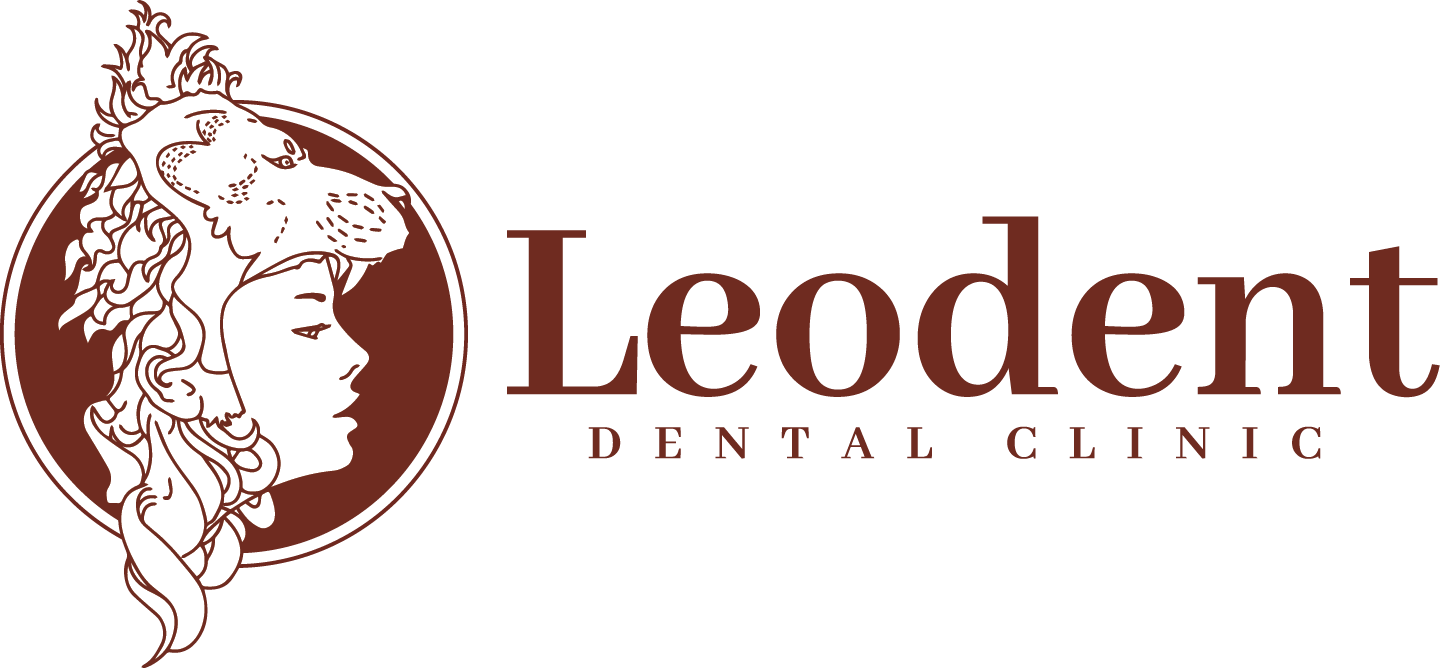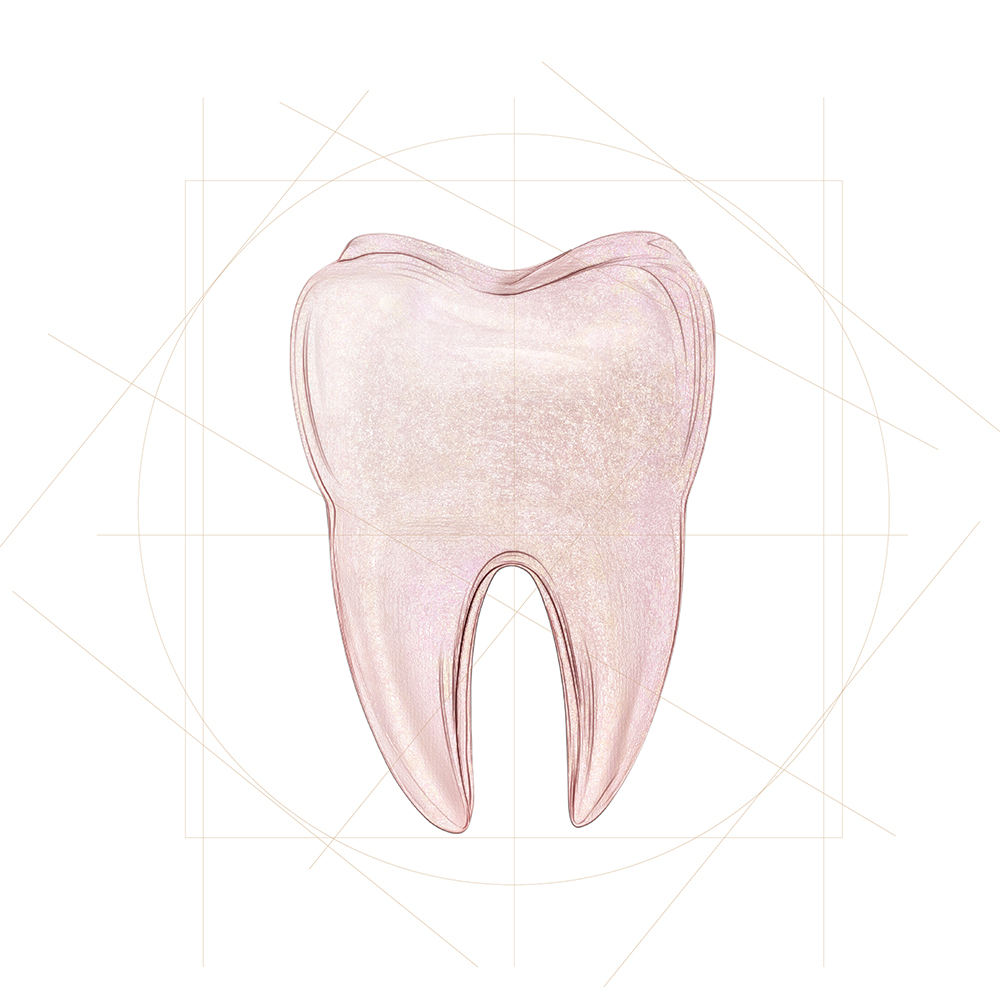Dental Scaling (Tartar Cleaning)
Scaling is a great care procedure that protects your teeth and gums and allows you to smile with fresh breath. Hard plaque and tartar that accumulate on your teeth over time can affect not only your appearance but also your health. But don’t worry, saying goodbye to these deposits is much easier than you think! With our expert dentists, we carry out scaling both comfortably and effectively. Your teeth will be clean and you will feel much more comfortable. So, how does this process work and why is it so important? Let’s discover together!
What is Tartar?
Tartar is a stubborn layer formed when bacteria in your mouth combine with food residues and saliva and harden. It usually accumulates at the back of the teeth or at the gum line. No matter how well you brush, these hard structures cannot be removed with a toothbrush. This is exactly why a professional cleaning comes into play!
How is Dental Scaling Performed?
We are with you every step of the way to restore your teeth; this process is both simple and safe:
- Start with an Examination: Your dentist will examine your mouth and check the condition of tartar and the health of your gums. We proceed with a special plan for you.
- Ultrasonic Cleaning: Most of the time, we use a special device to gently break down tartar with vibrations. We leave your teeth feeling clean without damaging them.
- Manual Cleaning (Curettage): If needed, we clean deeper deposits with manual tools. Every corner is sparkling clean!
- Bright Finish: Your teeth are smoothed and polished, making it harder for new plaque to form.
- Ekstra Protection: Sometimes we strengthen your teeth by applying fluoride, which is like a shield against cavities!
When is Dental Scaling is Needed?
Dental scaling is the hero of your oral care and should be done regularly:
- Every six months: We recommend twice a year for a healthy mouth. This keeps tartar under control.
- If You Have Gum Problems: If you see signs such as bleeding or swelling, more frequent visits may be necessary.
- If you use cigarettes: Cigarettes accelerate tartar formation, so cleaning is extra important for you!
- Sensitive Teeth: If you have sensitive teeth, regular dental scaling can help you relax.
Your dentist will guide you in determining the best time for you.
What will dental scaling make you gain?
- Healthy Gums: Tartar triggers gingivitis; cleaning eliminates this risk and keeps your gums happy.
- Glowing Teeth: Yellow or brown stains? After cleaning, your teeth will regain their natural whiteness and you will immediately see the difference in the mirror!
- Fresh Breath: Bad breath caused by dental calculus becomes history; your self-confidence increases.
No, tartar removal does not directly prevent tooth decay, but it does reduce the risk of decay. Tartar causes bacteria to accumulate, which can trigger tooth decay. Regular cleaning minimises this risk, but brushing and flossing are also essential.
No, tartar removal is not a whitening procedure. However, since tartar and stains are removed, your teeth may appear brighter and cleaner in their natural colour. If you want whiter teeth, you can discuss whitening options with your dentist.
No, tartar removal does not damage your teeth. Ultrasonic devices and manual instruments target only tartar without damaging tooth enamel. When performed by a professional dentist or hygienist, your teeth remain both clean and healthy.
Yes, you may experience temporary sensitivity in your teeth after tartar removal. This is caused by the exposure of the tooth surface that was previously covered by tartar. The sensitivity usually subsides within a few days; if it persists, you can consult your dentist and use a sensitivity-reducing toothpaste.
Yes, there may be slight bleeding after cleaning, especially if your gums are sensitive or inflamed. This is normal and usually stops within a few hours. If the bleeding continues, apply gentle pressure with a clean gauze pad and consult your dentist.
Yes, tartar removal supports the health of your gums. Tartar can cause gum inflammation; cleaning removes these deposits and helps your gums heal. However, if you have advanced gum disease, additional treatment may be necessary.
You can eat immediately after tartar removal. However, avoiding hot, spicy or hard foods for the first few hours will help your gums feel more comfortable. After the cleaning, when your mouth feels fresh, you can choose light foods to prolong this feeling a little longer.
No, tartar removal does not change the shape of your teeth. Only the hard deposits on the surface are removed; the natural structure and shape of your teeth remain unchanged. After cleaning, your teeth will feel smoother and cleaner, but their shape will remain the same.
No, tartar removal does not usually require anaesthesia. The procedure is mostly painless, and patients only feel a slight vibration or discomfort. If your teeth are very sensitive or you are afraid, your dentist may apply local anaesthesia.


